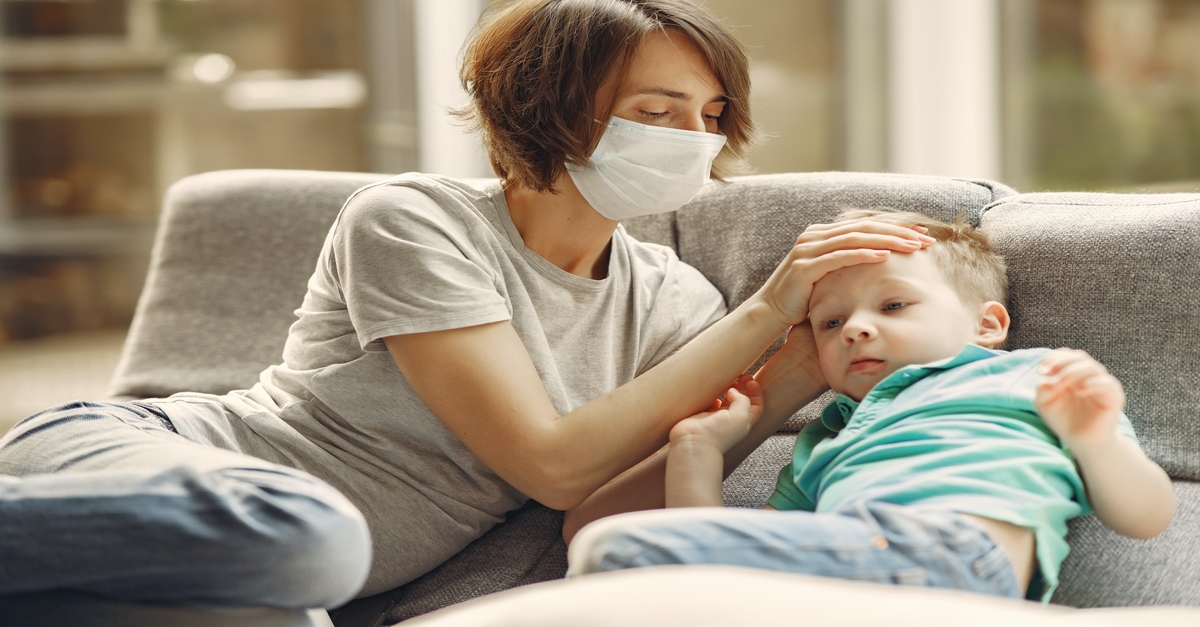CDC: Cerebral Palsy May Possibly Increase Risk of Severe Coronavirus

The Centers for Disease Control and Prevention (CDC) reports that those with cerebral palsy might have a higher risk of developing a severe coronavirus case. Cerebral palsy can impair an individual’s ability to move, breathe, and communicate. Caregivers of those with cerebral palsy must take extra precautions during the coronavirus crisis.
Why Are Cerebral Palsy Patients at Higher Risk of Coronavirus?
Cerebral palsy and the coronavirus can be a deadly combination. Cerebral palsy patients are one of several at-risk groups for serious cases of the coronavirus, along with the elderly and those with underlying health conditions.
Cerebral palsy can limit an individual’s ability to:
- Breathe
- Eat
- Move
- Talk
This can make it even harder for someone with cerebral palsy to live if they are suffering from coronavirus symptoms.
The coronavirus is a highly contagious disease and there are reports of it killing people with cerebral palsy.
Those who are asymptomatic can also spread the disease to those who are more vulnerable.
Even though the coronavirus is not seriously dangerous to most people, those with cerebral palsy and their caregivers have been advised to take extra precautions to stay safe until a vaccine or treatment for found.
Symptoms of Cerebral Palsy and Coronavirus
Several cerebral palsy symptoms can all lead to exacerbated cases of the coronavirus.
The virus often significantly reduces lung capacity, even in otherwise healthy patients. In patients with cerebral palsy, breathing may already be impaired. This can make a coronavirus case even more serious.
Coronavirus cases can also cause other life-threatening health issues such as acute respiratory distress syndrome (ARDS) or pneumonia.
The cerebral palsy symptoms that make it harder to breathe or communicate can also put those with the condition at a higher risk of coronavirus complications.
Symptoms of coronavirus include fever, difficulty breathing, and coughing. If you or a loved one with cerebral palsy are experiencing these symptoms, contact a medical professional as soon as possible.
Doctors can run tests to see if you have the coronavirus or not. Detecting the virus early can lead to a better prognosis than if it is caught later on.
Other Challenges for Cerebral Palsy Patients and Coronavirus
Coronavirus is causing many problems that can be devastating for those with cerebral palsy. Learn more about these issues below.
-
Lack of Therapy or Checkups
During the outbreak, non-essential checkups for cerebral palsy patients are suspended. This means that cerebral palsy patients may not get physical therapy or other treatments needed in order to improve their quality of life. Virtual appointments may still be an option though.
-
Infections in Essential Workers
Cerebral palsy patients working at essential jobs could contract the virus. One woman with cerebral palsy who worked at a grocery store during the pandemic has already died. She was just 27.
-
Infections in Caregivers
There may not be competent people around to take care of people with cerebral palsy if caregivers get sick. In China, a boy with cerebral palsy died after his father was quarantined and there was no one to care for him.
Individuals with cerebral palsy and their families have to be aware of all of the dangers during this time to reduce the risk of getting sick.
Coronavirus Tips for Cerebral Palsy Caregivers
The best way for those with cerebral palsy and their parents or caregivers to stay safe during the coronavirus crisis is to follow CDC guidelines.
These guidelines include:
- Avoiding public spaces and staying home as much as possible
- Calling doctors at the first sign of symptoms
- Practicing social distancing
- Using tissues for coughs and sneezes
- Washing hands with soap and water regularly
- Wearing facemasks
In addition, caregivers who get sick should self-isolate if someone else can competently care for those with cerebral palsy.
Following these guidelines will help keep you and your loved ones safe — and reduce the odds that anyone in your family with cerebral palsy will contract the coronavirus.
